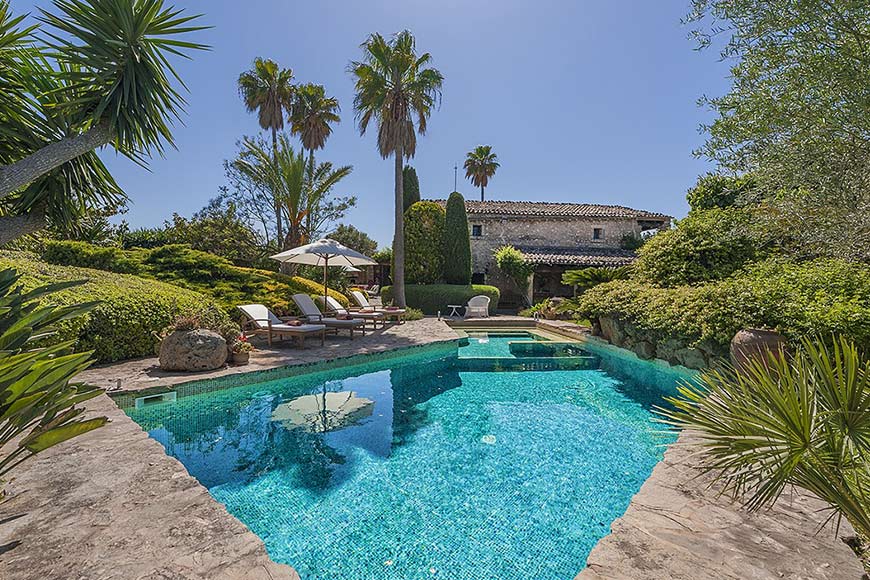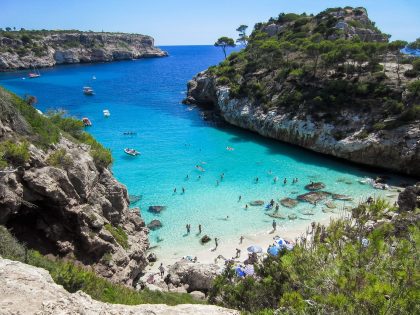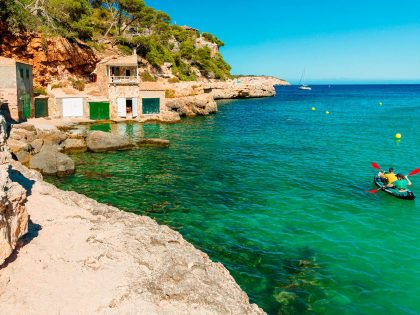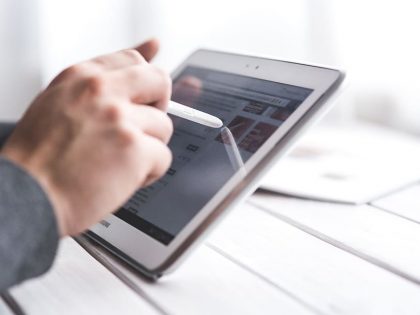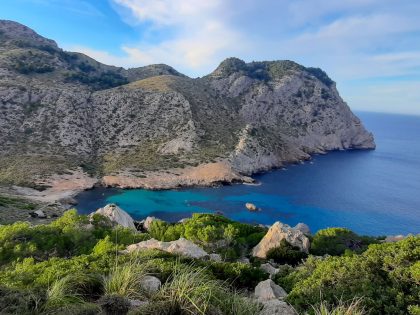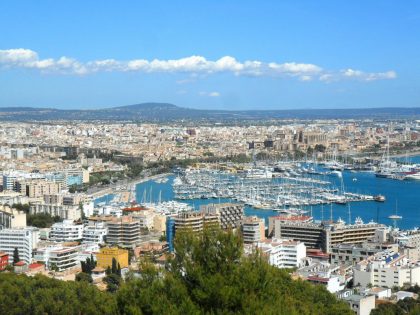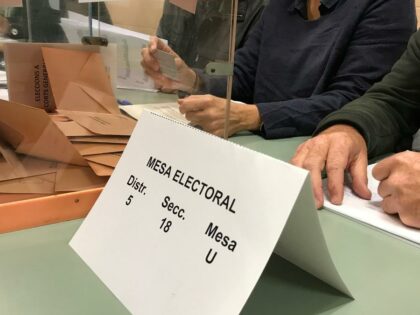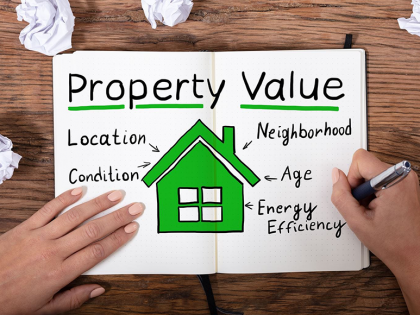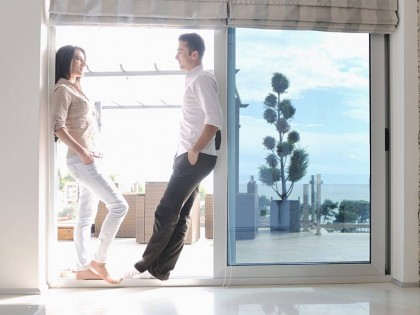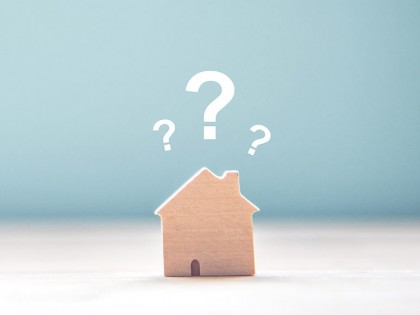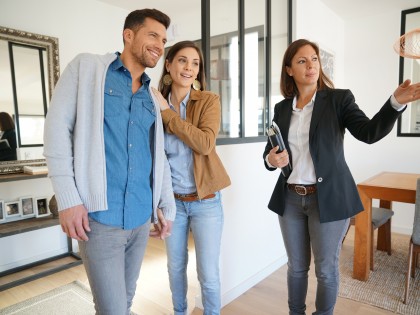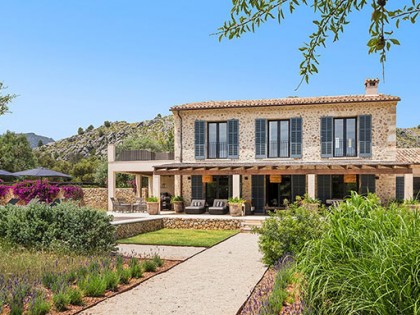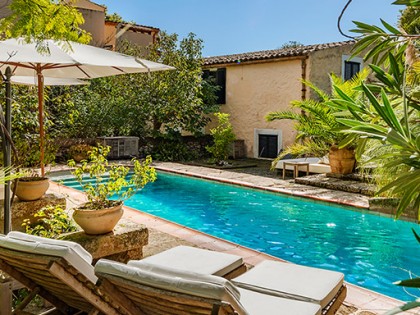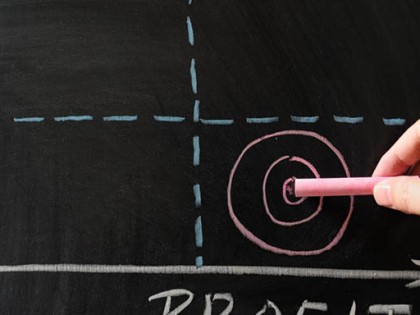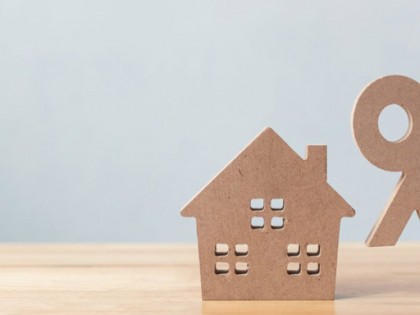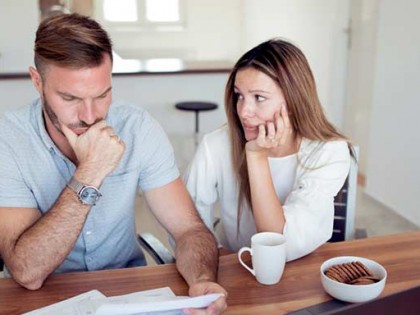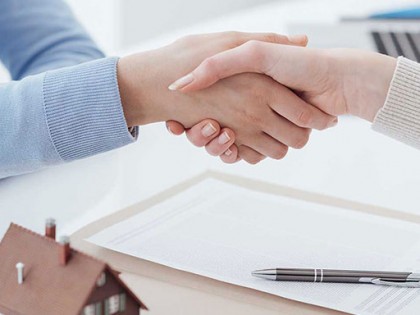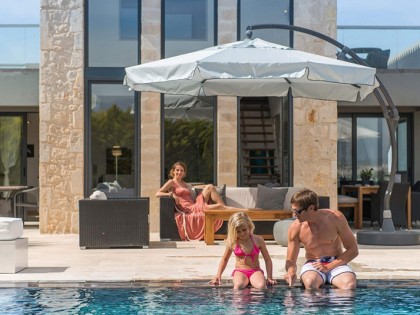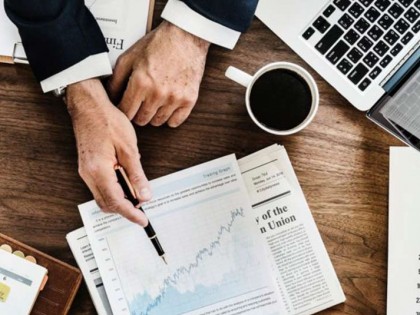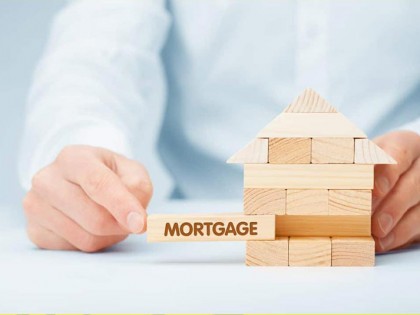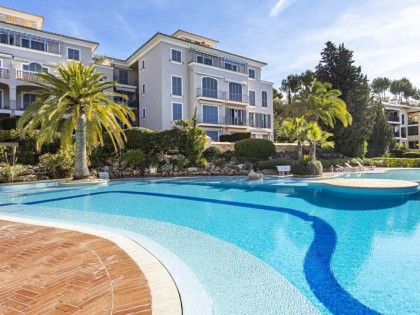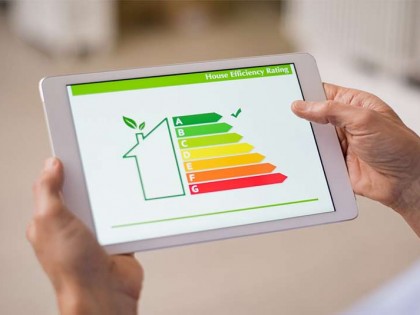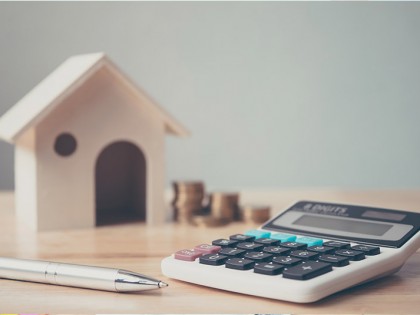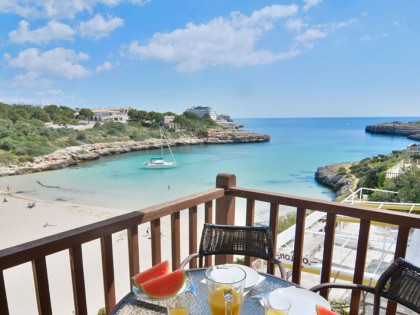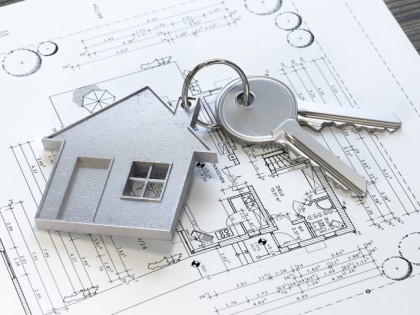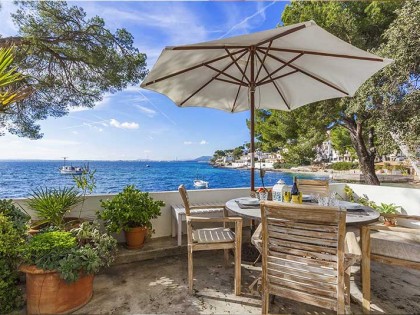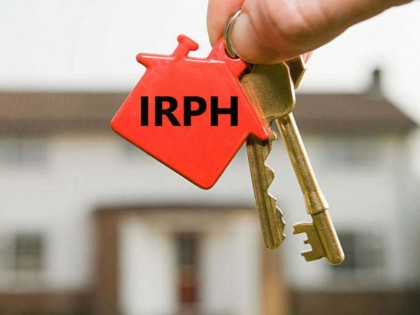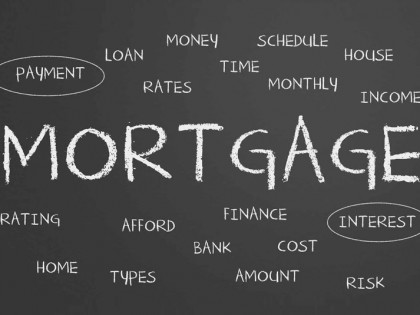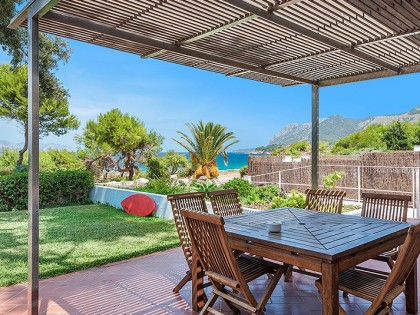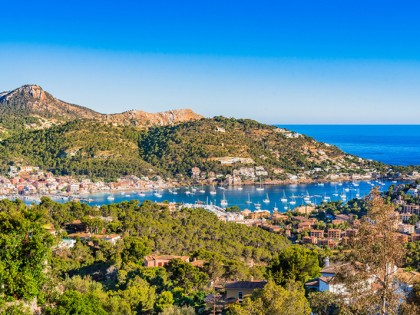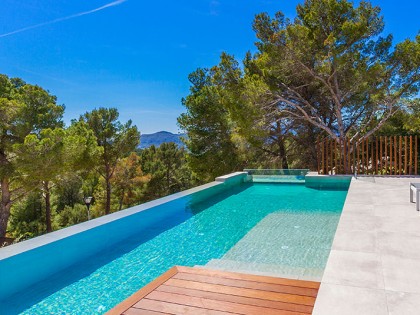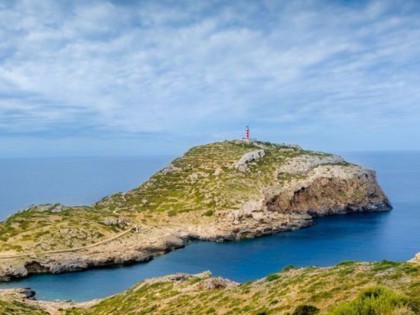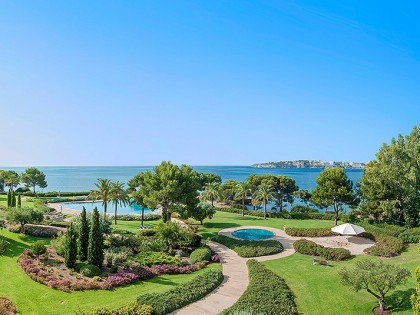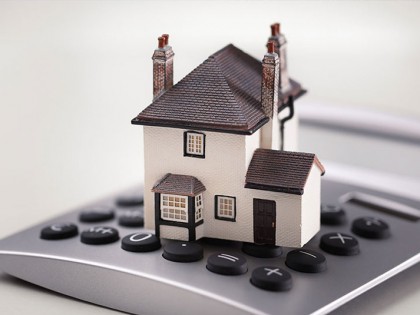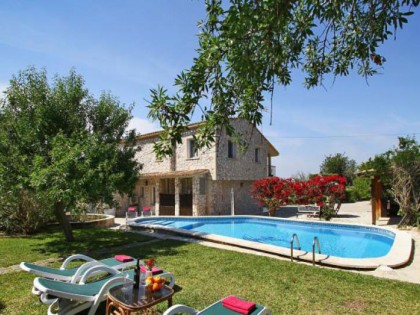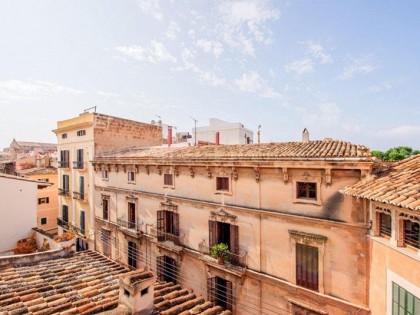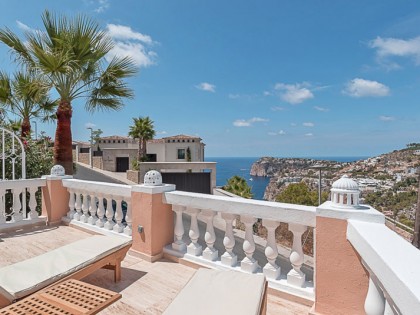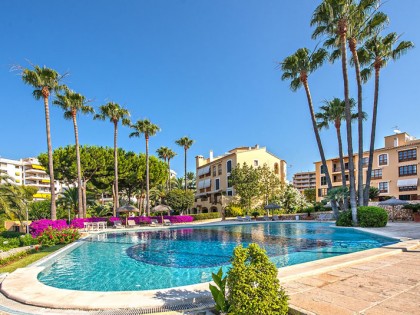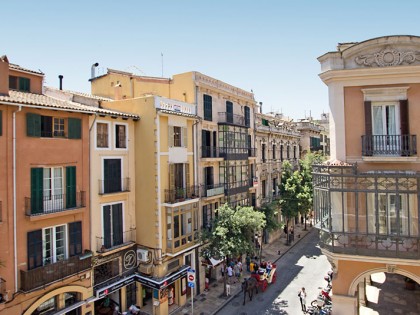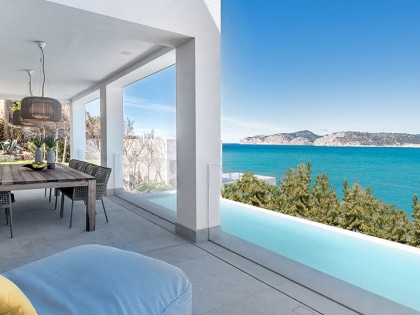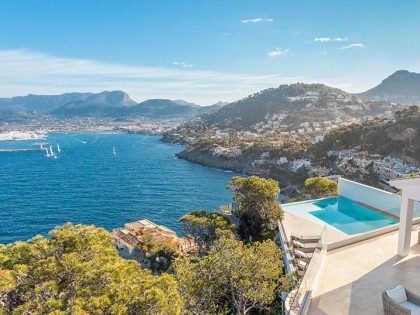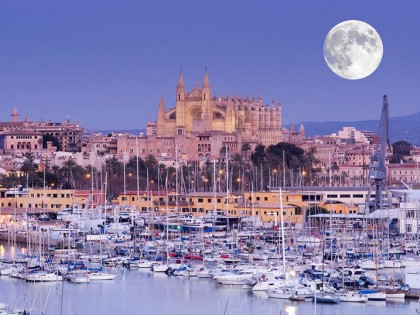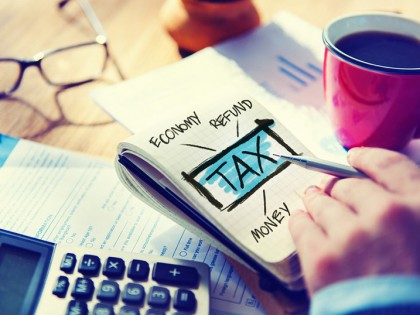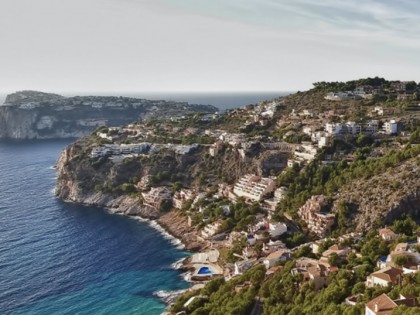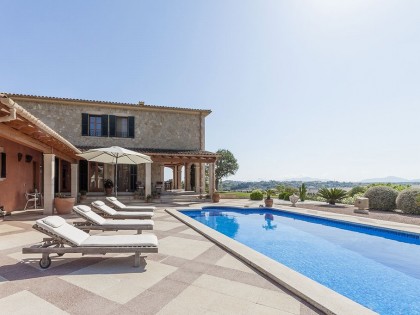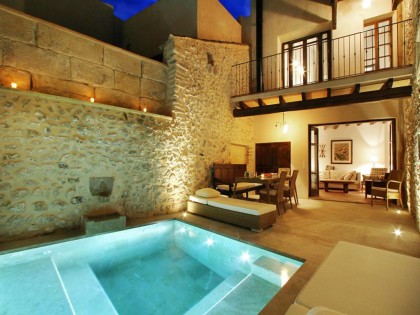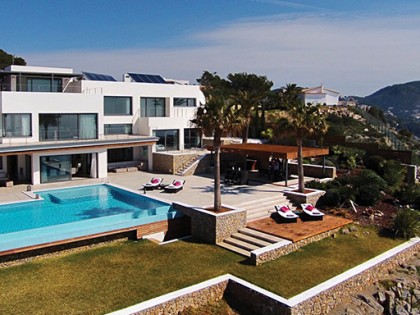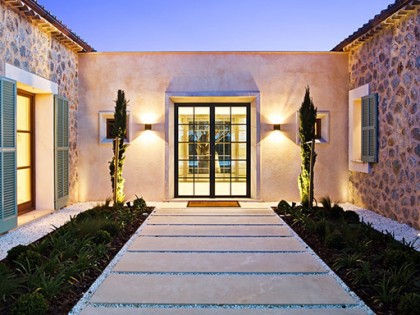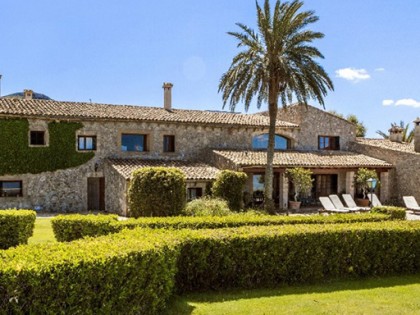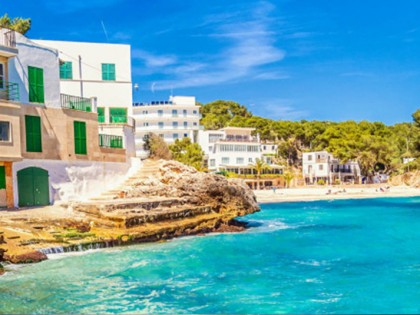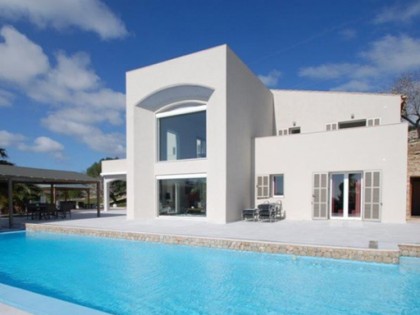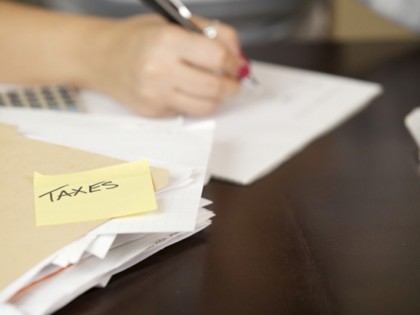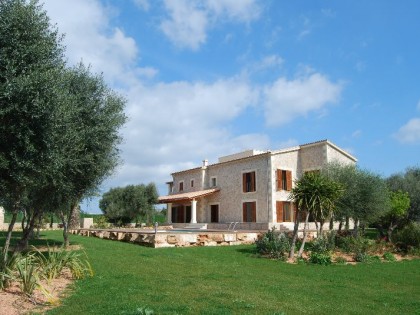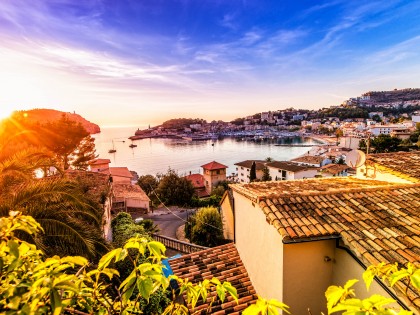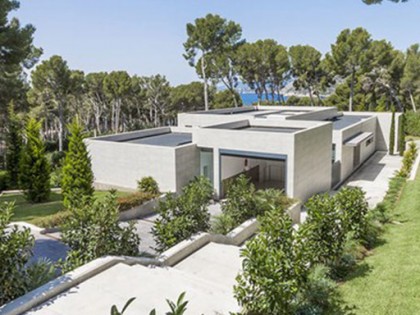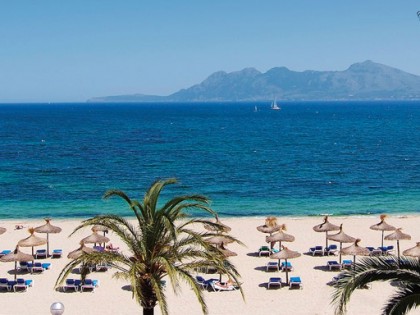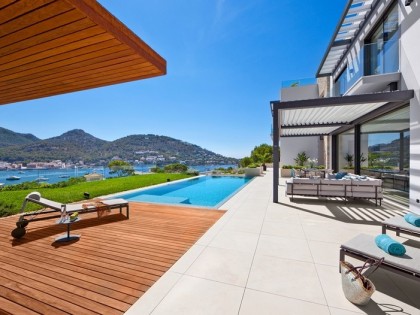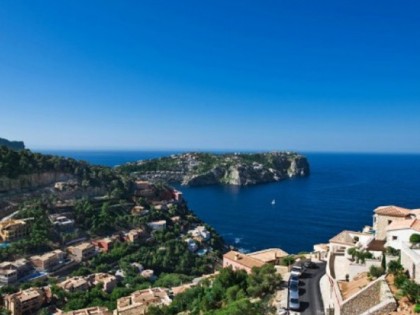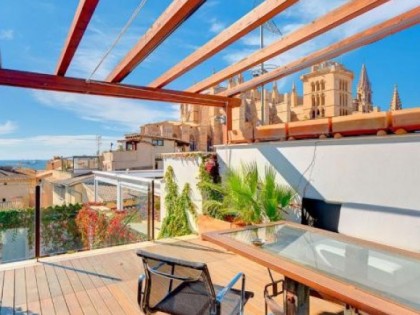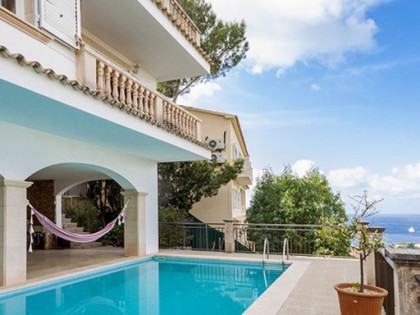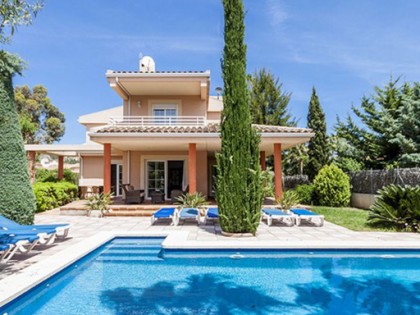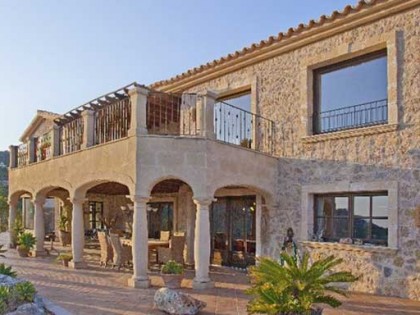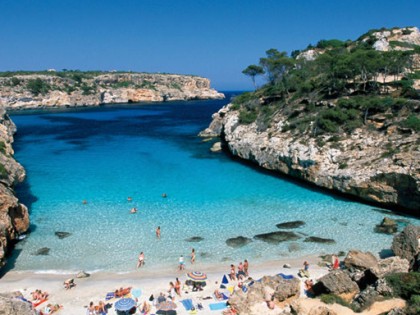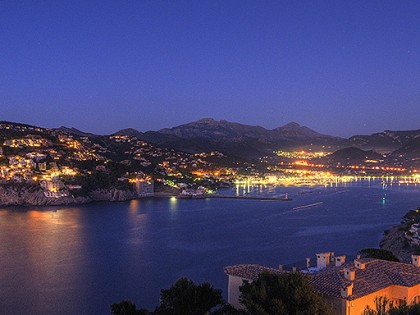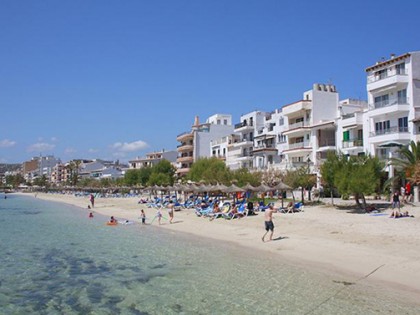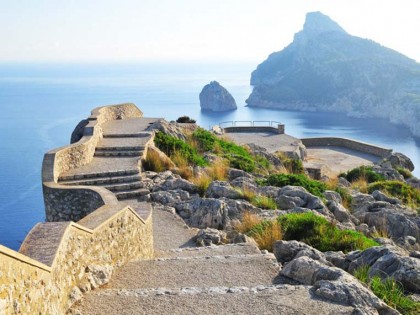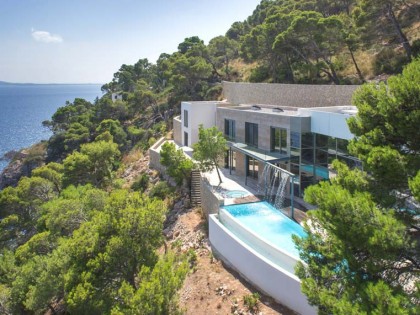Despite the ongoing situation currently taking place in Mallorca as well as the rest of the world, many families are choosing to move house. To do so, they may have to sell the one they are living in to buy a new one, but what will happen to them if their buyer does not give them a mortgage because of the coronavirus crisis? To be successful when selling one property to buy another, we recommend to negotiate as much as possible with both the buyer and the seller to avoid the two operations ending up cancelled.
You could lose the sale, the purchase and the deposit.
Covid-19 has brought to Spain, together with the worst health crisis this century, an economic recession that will last for months or even years. In this situation, banks will think twice before giving a mortgage to anyone who wants to buy your property, as the risk of non-payment will be greater. And, in fact, it is possible that they will end up rejecting your application if they consider that your profile is not ideal.
If our buyer is unable to get a mortgage, this could prevent us, in turn, from buying a new home. Logically, if he cannot finance the operation, the sale would be cancelled.
Therefore, you would no longer have the money that would be very useful to cover all or part of the price of our new property, which could delay or prevent the purchase. And if that were not enough, you would also lose the deposit.
Agreements must be made with the buyer and seller
To prevent this from happening it is essential that you are in agreement with both the buyer and the seller. In the first case, you have to give them a certain timeframe so that they can get the mortgage, as the banks in Mallorca, Menorca & Ibiza will take a few weeks to study their application. you should also ask about their financial situation to make sure that they will be able to obtain financing.
We also advise you to ask for an appraisal in advance. If the valuation is too low, the bank will lend you less money, in which case you should consider whether or not it would be worthwhile to go ahead with the purchase. Another recommendation we can give you is to prepare all the documents to apply for financing and to go to several financial institutions to save time and increase your chances of success.
However, you should not give too much leeway either, as they could take it too lightly and leave everything to the last minute. Therefore, it is best to agree on a deadline for you to get the loan you need.
At the same time, it is advisable to agree with the seller to you to hand over the deposit in two instalments to minimise the financial risk if everything goes wrong: a lower initial payment and a larger one later on, when you have had time to get the sale of our property on track.
And if possible, it would be ideal to agree on the option of recovering the deposit in the event that our buyer does not get the mortgage, although it is very difficult for the seller to agree to this.
What do I do if I don’t find a buyer in the end?
If everything fails and the buyer does not get his mortgage (or you do not find a buyer, directly), there are other alternatives to be able to buy a new home. If our current property is unencumbered, you can take out a mortgage to buy the property you are interested in. If the bank has any objections, you could increase the chances of being granted a mortgage by offering the current flat as an extra guarantee.
On the other hand, if you do have a mortgage on our current home, you could apply for a bridging loan to buy another one. This way you would join the new mortgage and the current one in a single loan and the bank would give us a few years to sell the flat, during which a partial or total grace period would be applied. However, the sale would have to be closed before the end of this period, otherwise you would have to pay very high repayments.

